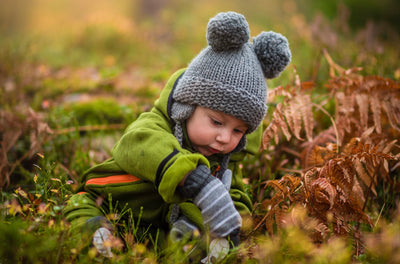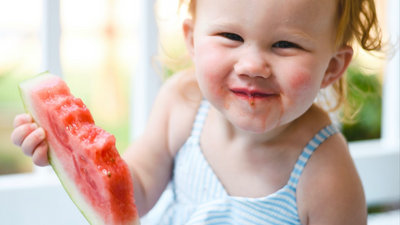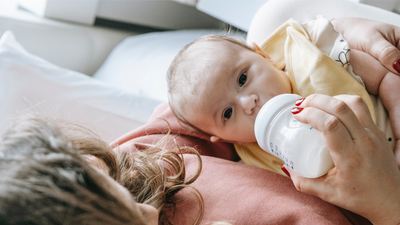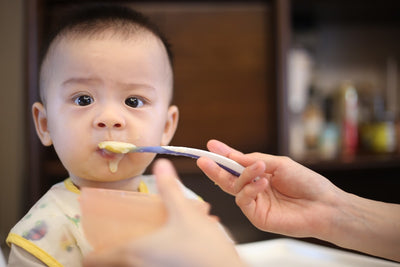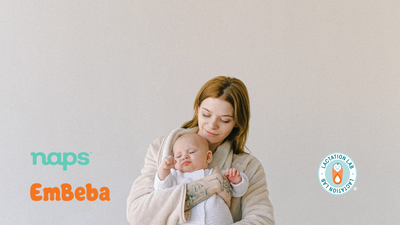Is Breastfeeding Safe When You Have COVID?
Is Breastfeeding Safe When You Have Covid?
By Katie Black
For families who were expecting or gave birth during the height of the COVID-19 pandemic, it was (and is) an especially scary time. There was a lot of uncertainty and anxiety around the safety of breastfeeding while infected with the coronavirus. Research ended up showing the virus cannot be spread through breast milk, instead it actually provides protection for your little one. And while for many, life have (mostly) gone back to normal, COVID-19 has not disappeared altogether by any means. So we’re revisiting an article we wrote on this a few years back since the information is still as important and relevant now.
As COVID-19 continued spreading to more and more people, pregnant women and their infants were not and continue to not be excluded. Infecting her newborn with the virus is the very last thing a mother wants to worry about during and after giving birth yet opinions on whether or not it's transmittable via the placenta, breast-milk, direct contact, and other ways are controversial. This has created uncertainty surrounding what proper safety measures are recommended, but recent and ongoing studies suggest a positive outlook regarding the safety and superiority of breastfeeding.
One 33 year old woman was admitted to the hospital to give birth to her first child while experiencing COVID-19 like symptoms such as coughing and tightness in her chest. A swab tested positive for SARS-CoV-2, the virus which causes COVID-19. Doctors tested for other abnormalities which showed a decrease in lymphocytes, white blood cells that fight disease, but an increase in neutrophils, white blood cells which fight infection.
“If you suspect or are confirmed to have COVID-19 that is no reason to forgo breastfeeding, rather it is even more crucial that you do.”
The mother gave birth to a healthy little girl in a negative pressure room which helped contain airborne particles and wore an N95 mask after labor. Fortunately a throat swab test taken right after delivery showed the baby was negative for SARS-CoV-2.
For three week after, the mother's throat swabs still tested positive, however all the samples taken of her breast milk and other bodily fluids were negative.
When comparing her breast milk to the milk of women negative for SAR-CoV-2, hers contained higher concentrations of antibodies. An antibody is a protein produced by the immune system in response to pathogenic bacteria and viruses and is a vital component in breast milk for a baby's immature immune system. They fight infection, reduce inflammation, and provide immunity to viruses.
Breastfeeding is one of the most important things you can do for you and your baby not only physically but also emotionally. It is an essential part of the bonding process between a mother and child and helps cognitive and emotional development among numerous other benefits.
There's no formula that can mimic the nutritional and immunological benefits of breast milk and for most babies it is easier to digest. The World Health Organization recommends breastfeeding exclusively for the first six months after birth and then in combination with solid foods until your child is at least 2 years old.
If you suspect or are confirmed to have COVID-19 that is no reason to forgo breastfeeding, rather it is even more crucial that you do. Just be sure to follow safety precautions such as always washing your hands well and wearing a mask when around and breastfeeding your child.
While the thought of potentially spreading the virus which has thrown the world into chaos to your newborn is undeniably terrifying, the actual chance of your baby being harmed is very slim. In fact, breastfeeding is your best defense.







